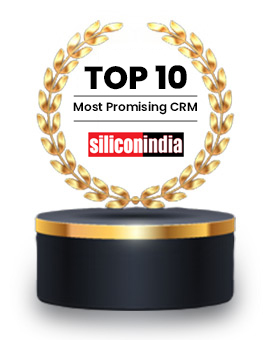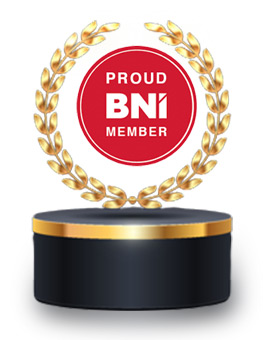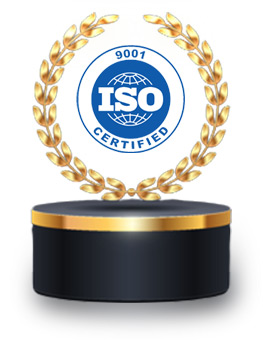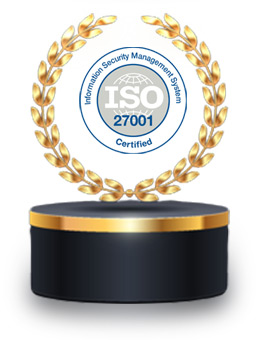In today's dynamic real estate landscape, Customer Relationship Management (CRM) systems emerge as indispensable assets, elevating customer interactions and navigating various business obstacles. Tailored explicitly for real estate, these platforms skillfully manage the distinct challenges posed by extended purchase timelines and diverse client requirements.
This article seeks to delve into the primary hurdles encountered by real estate practitioners and demonstrate how a dedicated CRM solution can adeptly resolve them.
What is a CRM Tool?
A Customer Relationship Management (CRM) tool is a robust system crafted to oversee every facet of an organization's engagements with existing and prospective clients. Within the real estate sphere, a CRM tool becomes an essential tool, bolstering operational efficiency and overall performance.This integrated platform enables real estate professionals to streamline client interactions, property management, sales tracking, and market trend analysis from a single location.
Through automating mundane tasks, offering actionable insights, and fostering improved client communication, a CRM tool empowers real estate practitioners and companies to enhance operational efficiency and provide exceptional customer service.
Lead Tracking Challenges:
In the realm of real estate, the journey typically starts with adeptly tracking and handling leads. A CRM system streamlines this task, guaranteeing that no potential client slips through the cracks. It organizes leads according to their engagement, level of interest, and probability of conversion. This focused strategy empowers professionals to allocate their resources efficiently and interact with leads in a more impactful manner, greatly increasing the likelihood successful deals.
A CRM system streamlines this task, guaranteeing that no potential client slips through the cracks. It organizes leads according to their engagement, level of interest, and probability of conversion.


Comprehensive Marketing Campaigns:
Addressing marketing deficiencies holds significant importance in the real estate sector. A CRM aids in crafting tailored real estate email campaigns and other marketing tactics, guaranteeing that messages reach the appropriate audience precisely when needed. It facilitates audience segmentation and the creation of personalized communications, thereby enhancing the effectiveness and efficiency of marketing endeavors.
A CRM aids in crafting tailored real estate email campaigns and other marketing tactics, guaranteeing that messages reach the appropriate audience precisely when needed.
Data Management Hurdles:
Managing extensive volumes of data poses a considerable challenge in property management. CRM systems provide robust data management functionalities, structuring and storing client details, transaction histories, and property information effectively. This structured organization enables professionals to access and leverage data with ease, resulting in improved decision-making processes and more streamlined operations.

Forecasting Challenges:
Accurate market forecasting is essential yet often intricate, presenting challenges in the real estate sector. A CRM integrated with advanced analytics tools can analyze market trends and historical data, assisting professionals in making well-informed predictions regarding future market dynamics. This diminishes forecasting inaccuracies and facilitates strategic planning processes.
CRM systems provide robust data management functionalities, structuring and storing client details, transaction histories, and property information effectively.
Customer Interaction Issues:
Maintaining consistent and impactful customer communication poses a challenge in the real estate sector. A CRM system oversees all facets of client interaction, guaranteeing timely and personalized communication. This methodical approach is crucial for nurturing trust, cultivating enduring relationships, and elevating customer satisfaction levels.
Booking Process Errors:
Booking errors can result in client dissatisfaction and lost opportunities within the real estate realm. Utilizing a CRM automates and precisely tracks appointments, viewings, and follow-ups, guaranteeing a smooth booking process. This assists professionals in maintaining organization, preventing double bookings, and upholding a polished image, ultimately enhancing customer experiences and fostering greater trust.
Managing Multiple Channel Partners:
Real estate professionals often face the challenge of collaborating with diverse channel partners. A CRM streamlines this process by providing a centralized platform for communication and coordination among brokers, professionals, and other stakeholders. It ensures that all parties remain informed, collaborations run seamlessly, and transactions are executed efficiently.
A CRM streamlines this process by providing a centralized platform for communication and coordination among brokers, professionals, and other stakeholders.

Conclusion:
Lead tracking, marketing, data management, forecasting, customer contact, booking processes, and managing channel partners are widespread challenges in the real estate industry. A dedicated real estate CRM solution is specifically tailored to tackle these issues, offering a comprehensive set of tools to boost efficiency, enhance customer satisfaction, and streamline operations.
For professionals seeking to surmount these challenges, Real Estate CRM stands out as the perfect solution, providing customized features to effortlessly navigate the intricacies of the industry.












